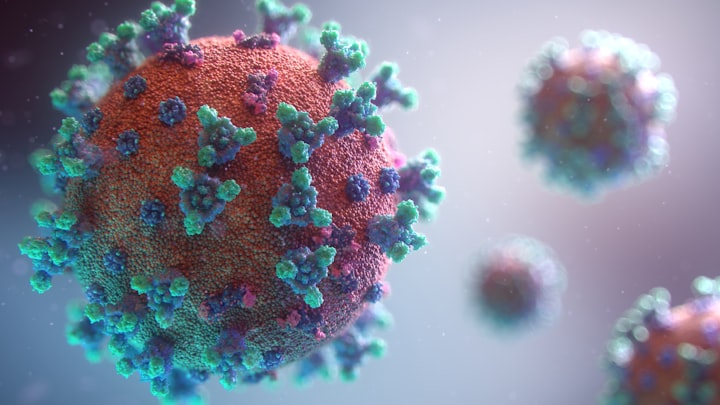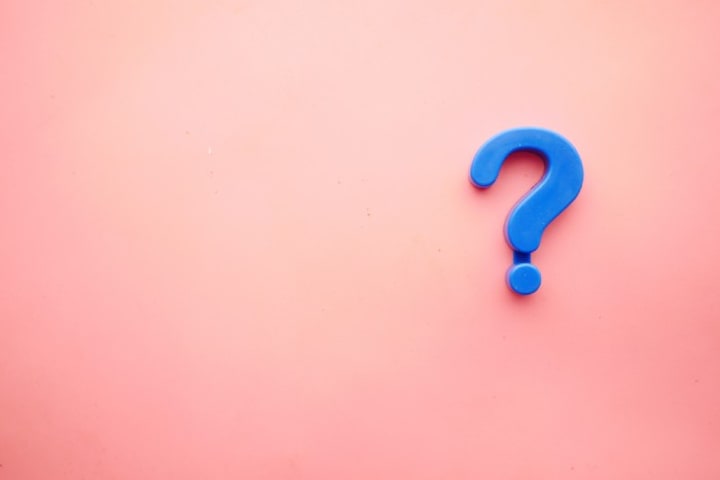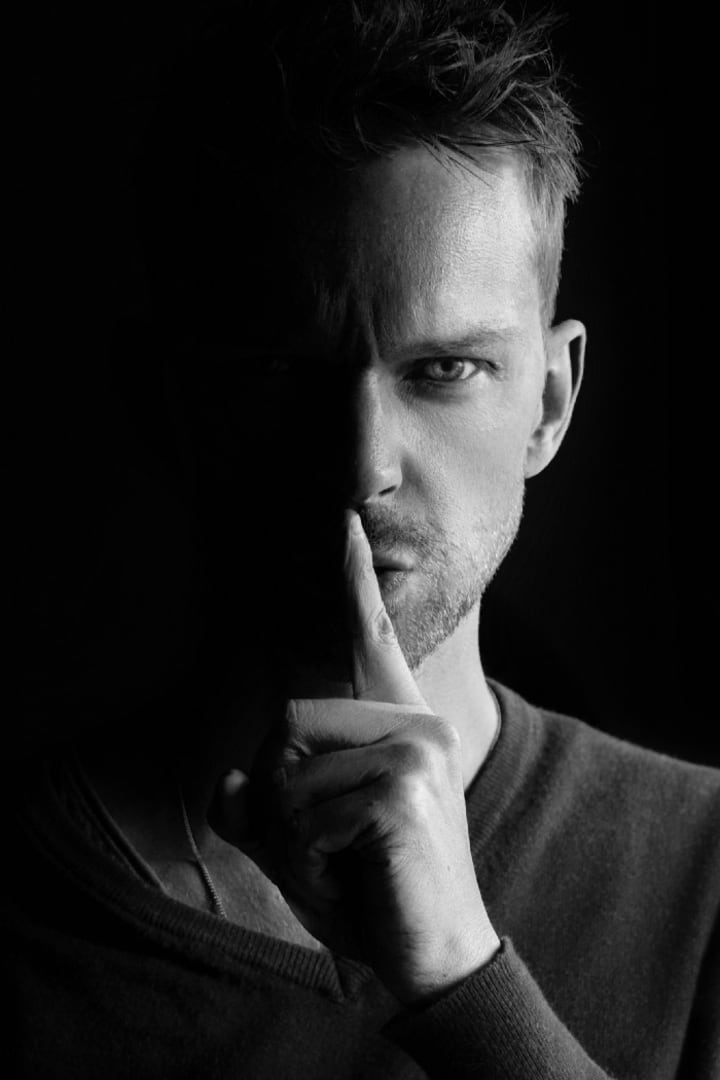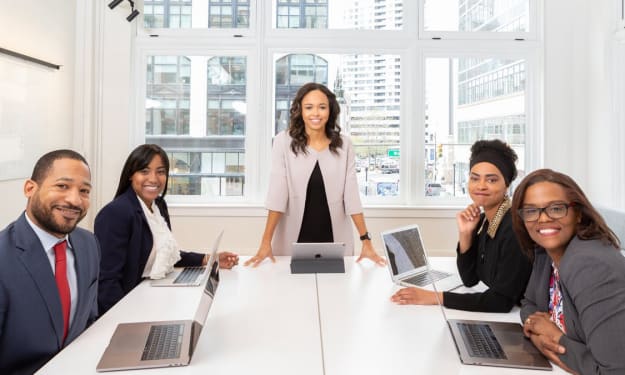I Was Afraid of the Infodemic
I dropped out of social media for 1 year and a trimester

Although I was never active on social media, since 2018 up to 2020 I occasionally shared some contents and did the random activities that most people do on the internet: look at photos and videos, like, comment, and so on.
Back then, I hadn’t yet realized that social media is a very complex tool that people use for different purposes, including educating themselves, being informed, and sharing their talents and thoughts.
And of course, I hadn’t yet figured out quite clearly that some others also used this tool for manipulating, bullying and ―sadly―, committing crimes.
Therefore, I just used it for entertainment purposes.
However, while I thought I was only being entertained through social media, I was being informed, misinformed and many times manipulated.
The first Covid-19 outbreak in Europe was the moment where I became conscious of the way social media was shaping my thought patterns and my whole life. And that’s when I said:
Wait a minute, Marie! You should probably take a break and go back when you think you are ready.
Because as most people, I was using social media very badly. I consumed everything that came up on my screen.
Well, I have no problem with the internet shaping my life, but I have got to choose in which way it is going to transform me.
During the Covid 19 first wave, I was very dependent on my phone and became quite rapidly and almost unexpectedly overwhelmed by the images of sick and dead people.
Yes, many people were infected! For most people who was living in countries like Brazil, India, Italy, the US, and even Spain where I was, there is no argument to contradict the fact that Covid-19 affected many people, and then it has been one of the most serious diseases that the world have ever known.
But watching videos and images about this situation days long made the panorama look even more apocalyptic.
Besides, it was not that easy to use social media and not be affected by this: The outspread of information on social media both divided and misinformed people all over the globe.
1. Some people thought and tried to convince others into believing that Covid-19 was a political disease, created for some suspicious reasons, including controlling the citizens, reducing the population, and so on.
2. Other people’s speculation was that Covid-19 had been created for commercial and financial purposes, that is to sell the upcoming vaccines on a very large scale.
3. Many people thought it was not a real problem, it was just some exaggeration made and spread by the mass media, because according to these people, there was no difference between the number of people dying before and during Covid-19.
4. Others posted very sensitive and sensational texts, images, and videos, including racial contents against east Asian people and everyone who looks like them. Such contents generally didn’t coincide in time and/or space with the actual facts or were totally made up in order to create very sad, hateful, and remorseful emotions within their audience.
5. There were also some people who wanted to pass for therapists, physicians, and magicians, by proposing solutions and cures that sometimes were only genuine and creative, and on some other occasions, they were nonsense.
6. But there were people on social media who actually shared official contents, and these were probably the minority.
And the list goes on and on.
Who has never shared biased or unverified information about Covid-19?

I like the fact that, in its 2019-nCov report, the World Health Organization called the outspread of information during the Covid-19 period “infodemic”. Because, in fact, that was one of the multiple faces of Covid-19:
While people were catching this virus and dying because of it, other people felt the need to express their fear and thoughts and tried to find some solutions on their own.
In the beginning, there was a scarcity of official and academic information, however, the social media was exploding with contents about Covid-19, because something new was happening.
In some way, it was fear that even made some people convince both themselves and others to believe that Covid-19 was not real. It was fear that also made some others believe the worst cure and the most exaggerated information without questioning .
And yet some people needed a purpose, a sense of existence, and a way to be useful. They then shared some of the most harmful pieces of information they found on the internet.
Most of them didn’t share these types of information because they knew they were not true, but because they thought they might help someone by sharing these contents.
It was love, fear, and distress that motivated many people to spread the infodemic. It was curiosity, insecurity, and boredom that made them consume these contents in the first place.
Who wasn’t bored and curious back then? Who never felt like demonstrating their love and support during those apocalyptic moments? Who never experienced distress, insecurity, and fear during those sad and silent months? Who had never shared information, and then realized afterward that it was false? Probably most of us were infected by the infodemic.
Who are the bad ones in this scenario?

Some governments took some bad decisions, which have affected large groups of people. Even academics and scholars jumped from side to side before coming up with concrete and specific clues. Some people were just following the officials’ indications when they fell into the Covid-19 trap.
The reality is that Covid-19 was new for everyone, including the specialists. And every solution proposed back then seemed to require at least the benefit of the doubt.
That’s why it became tricky to discern right from wrong.
I knew for sure that if I read something that influenced me a lot, I would be inclined to share it or tell it to my loved ones.
And, on the other hand, I found out that each new piece of information contradicted the others, and that I was very confused.
Under these circumstances, I had no choice but to reduce my sources of information.
I, therefore, decided to stop sharing things and to only watch the news when I had to go out.
After some great moments I had while medidating and self-reflecting instead of surfing on the internet, I have come to realize that it was worth taking a pause during this period.
I would be even more affected by the images and videos that were on the internet than the way I was by only enduring the long period of quarantines.
Have you ever stopped using social media for a long period? Why? What have you learned from this experience?






Comments
There are no comments for this story
Be the first to respond and start the conversation.